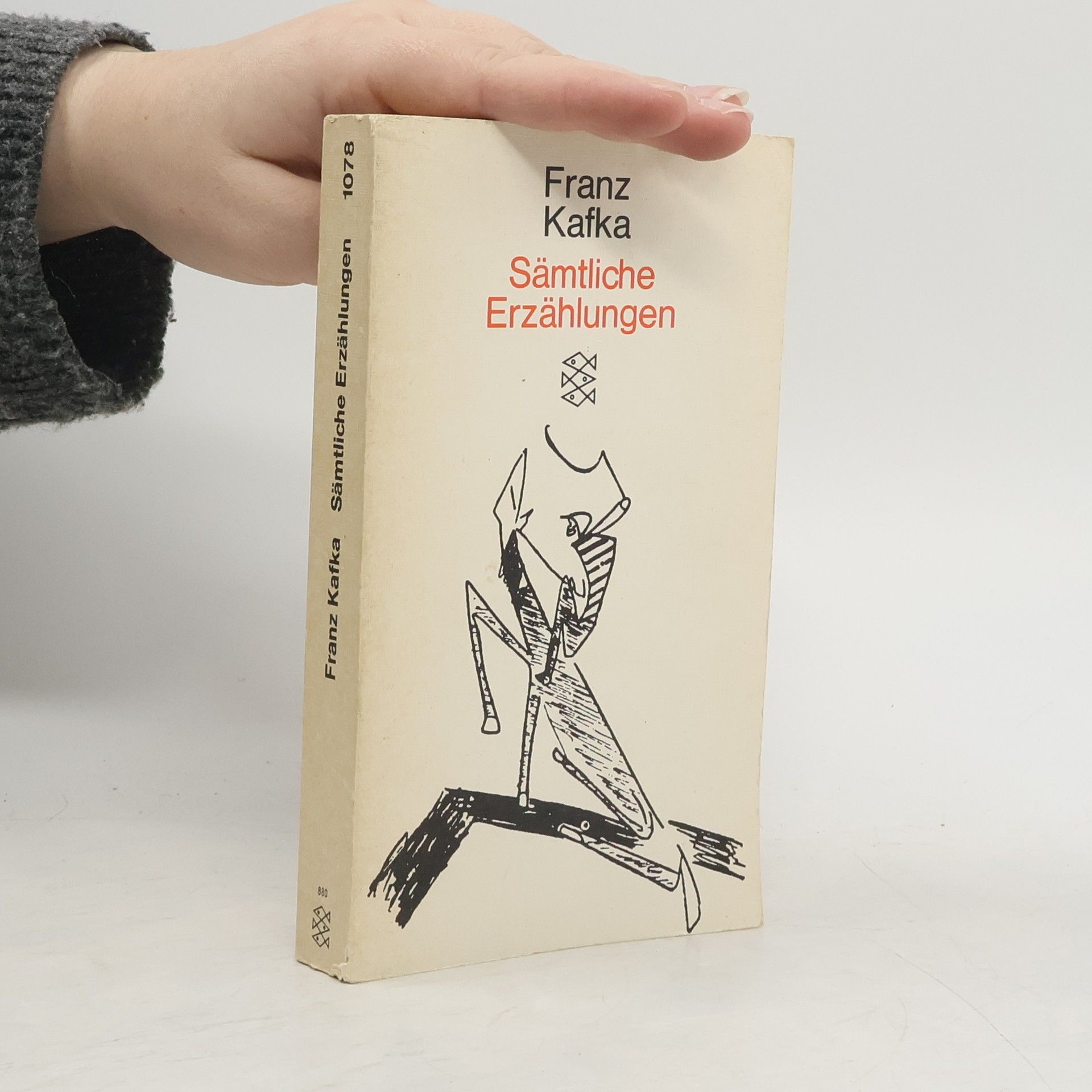The Mind in Exile
- 280 Seiten
- 10 Lesestunden
Between 1938 and 1941, Princeton became a hub for a remarkable group of émigré intellectuals, notably including Thomas Mann, Hermann Broch, Albert Einstein, and Eric Kahler, a lesser-known yet influential professor at the Institute for Advanced Study. This narrative explores their collaborative artistic, political, and intellectual endeavors during Mann's tenure as a Professor of Humanities. Frequently gathering at Kahler's or Mann's home, this collective was dubbed the "Kahler-Circle" by young poet Charles Greenleaf Bell. During this period, Mann completed his "Goethe-novel" Lotte in Weimar, crafted the surrealistic novella The Transposed Heads, and continued his epic tetralogy Joseph and His Brothers, sharing drafts with Kahler and Broch. Kahler provided critical feedback on Mann's fiction while discussing his own political essays. Although Einstein shared political views with Mann, he preferred the company of Kahler and Broch, whom he supported financially. Kahler was writing his notable work, Man the Measure, for which Einstein contributed a foreword. Corngold aims to illuminate the intertwined lives and thoughts of these four thinkers during a politically and culturally tumultuous time, utilizing rich sources like Mann's diaries and correspondence among the group, filling a gap in the understanding of their vibrant intellectual life.

